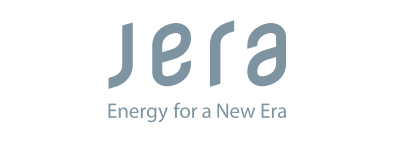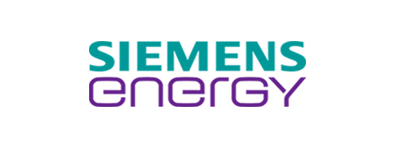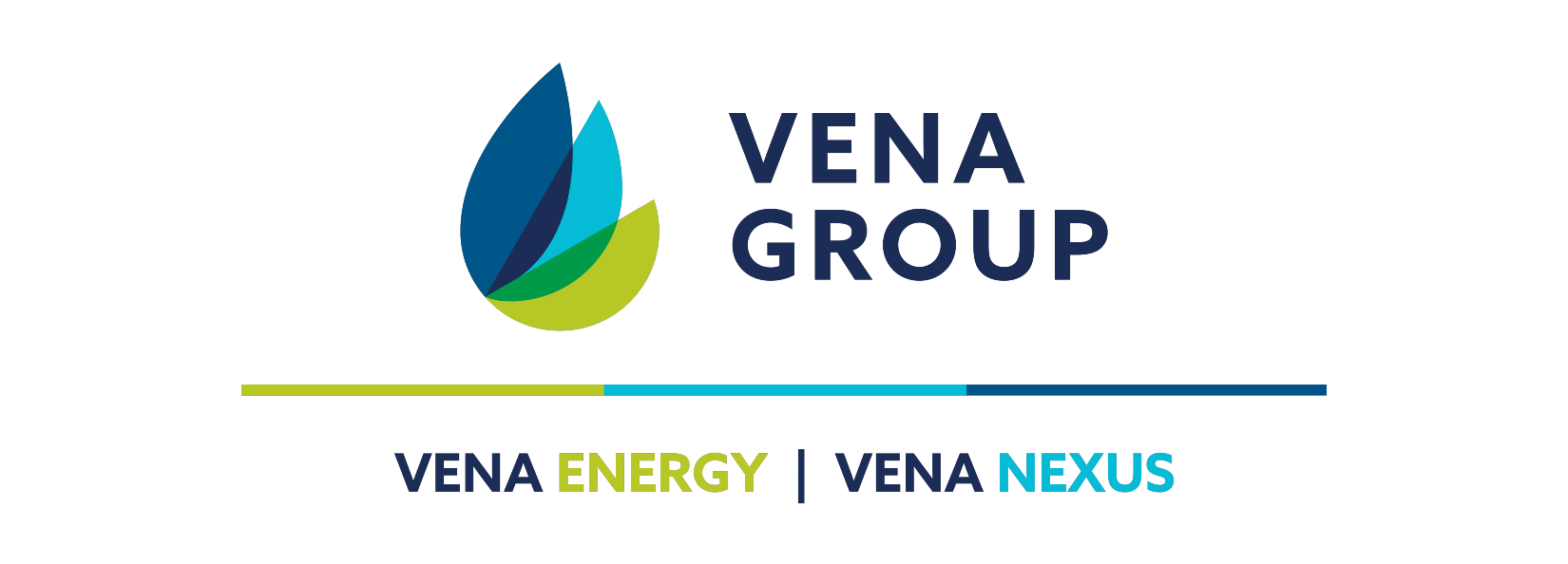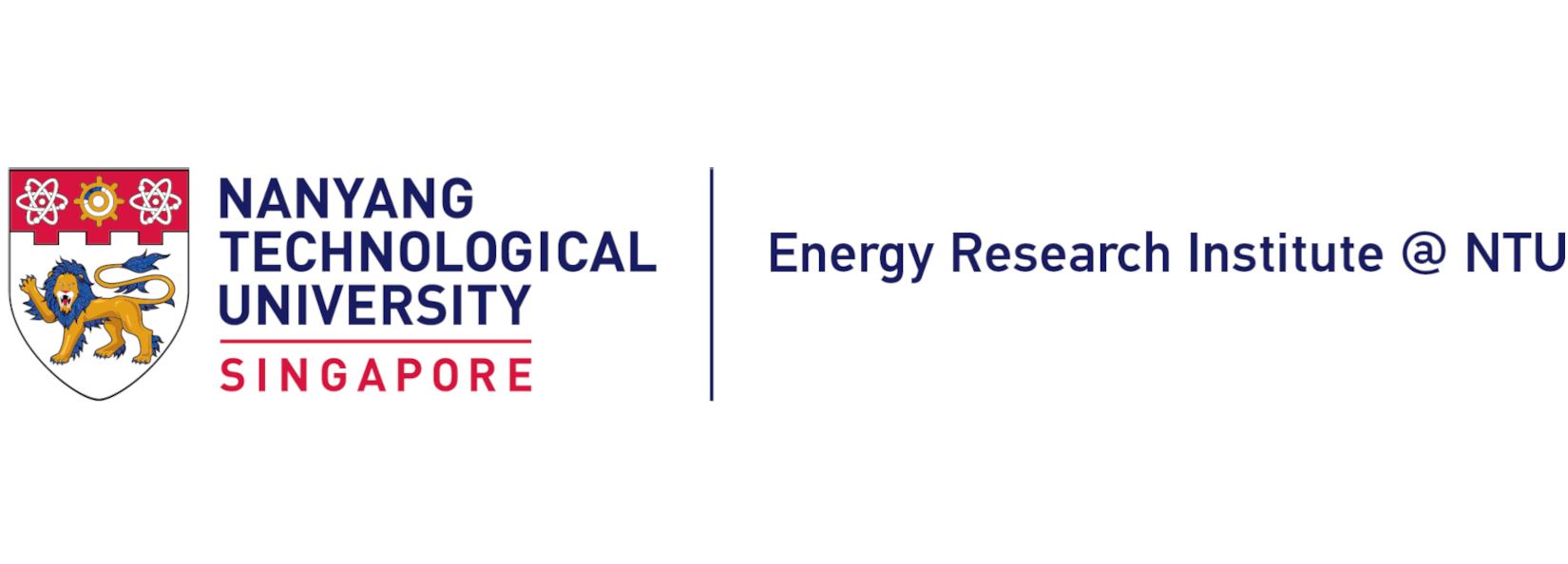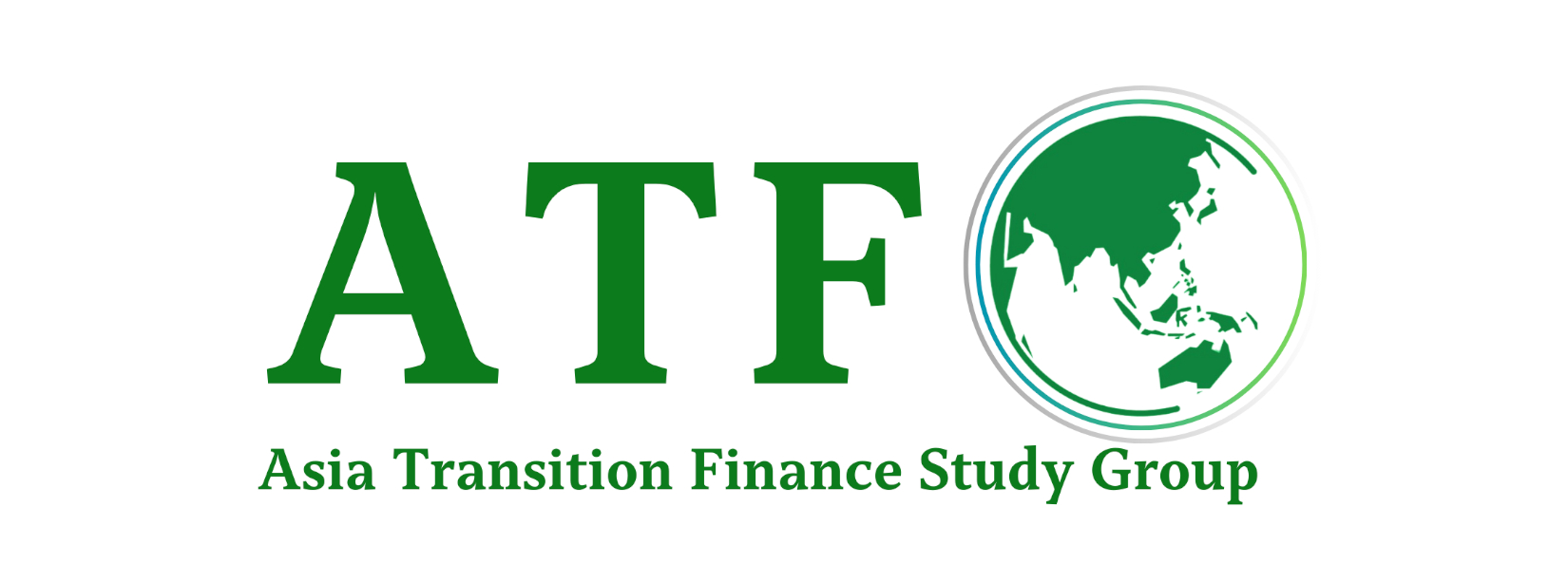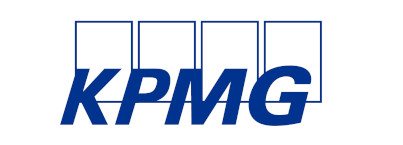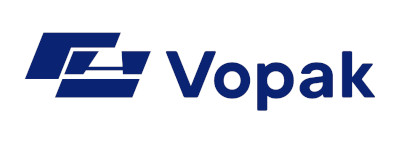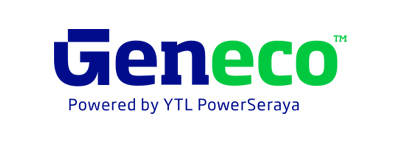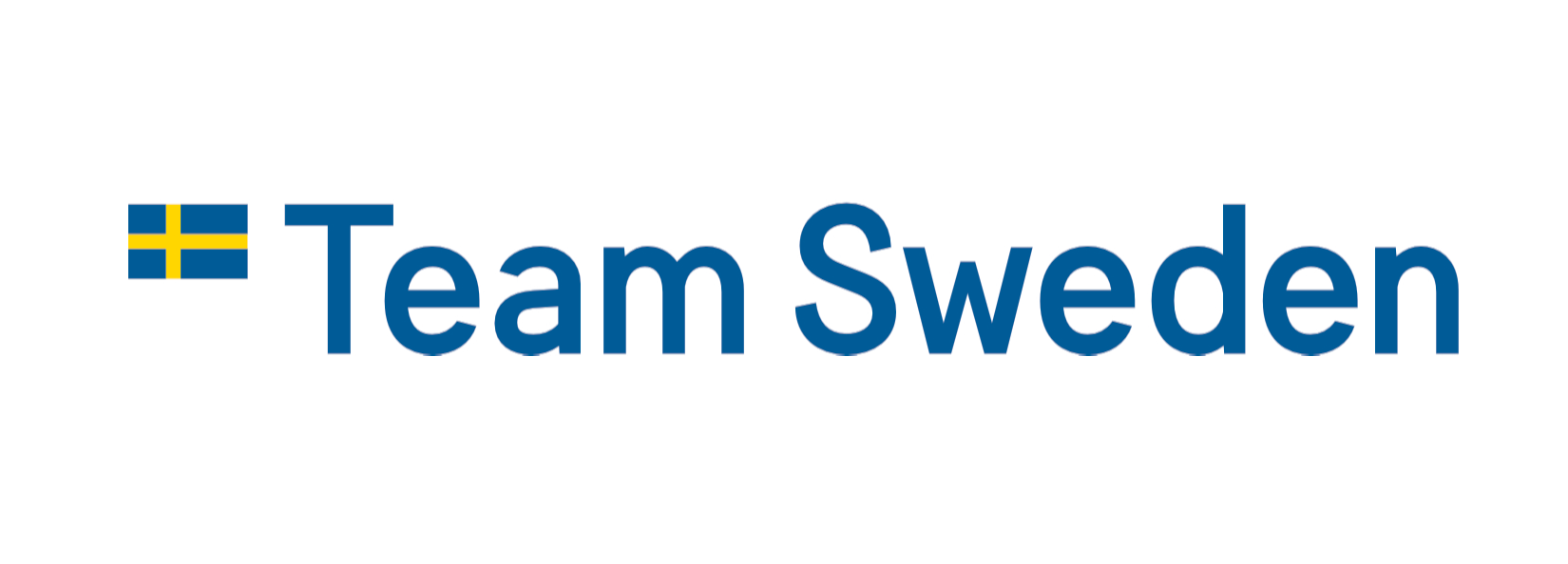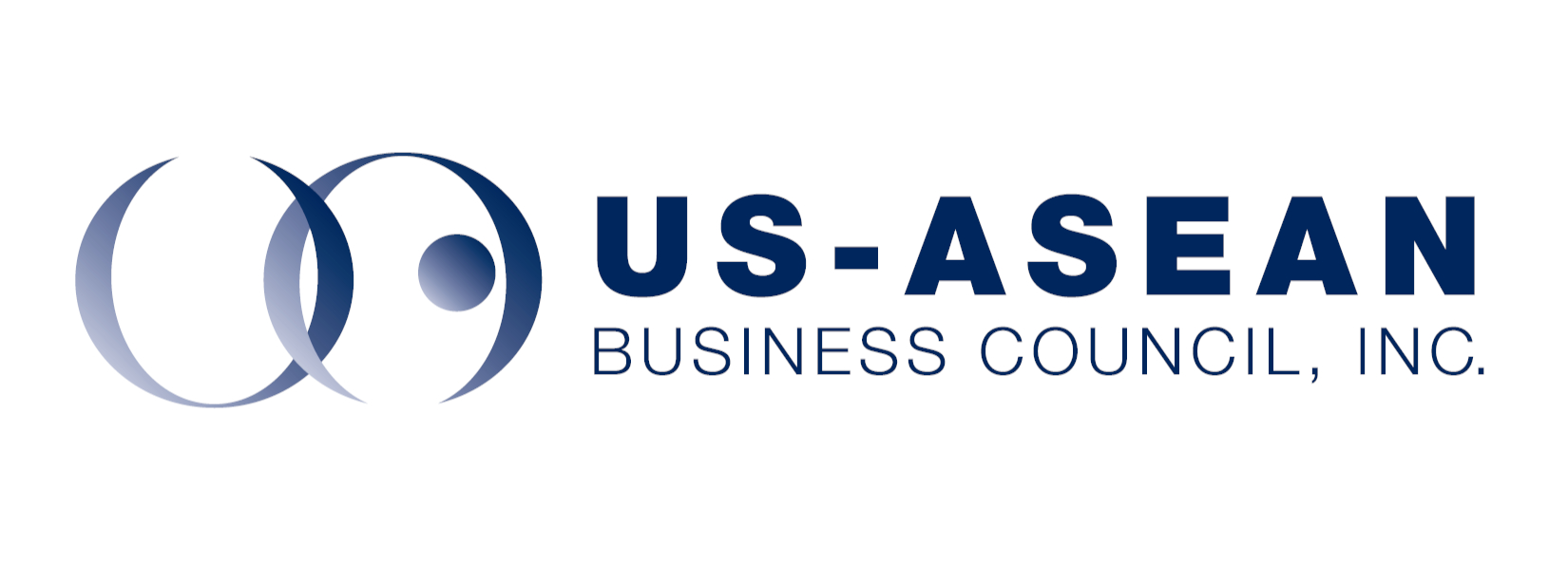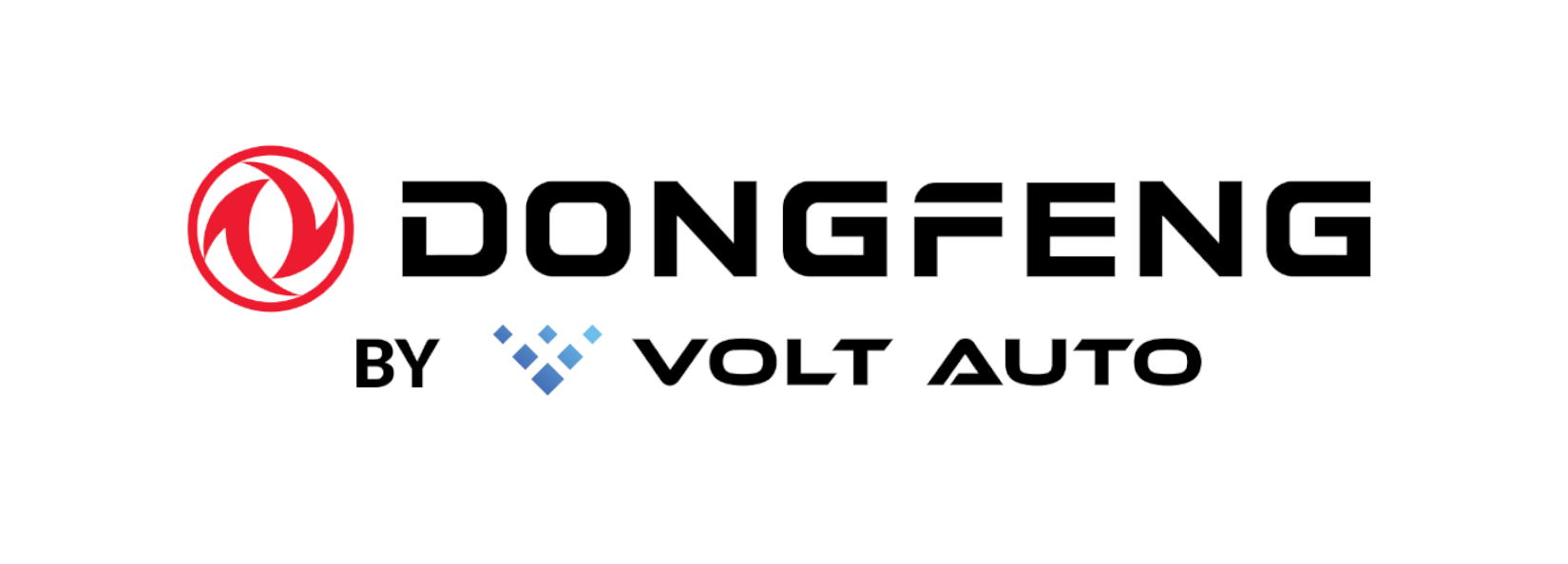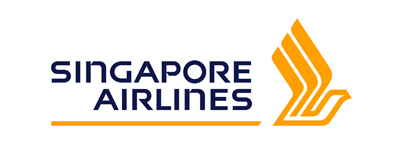During a Fireside Chat at the Singapore-IEA Forum, industry leaders explored how Asia can strengthen LNG and natural gas systems to ensure energy security while advancing the energy transition.
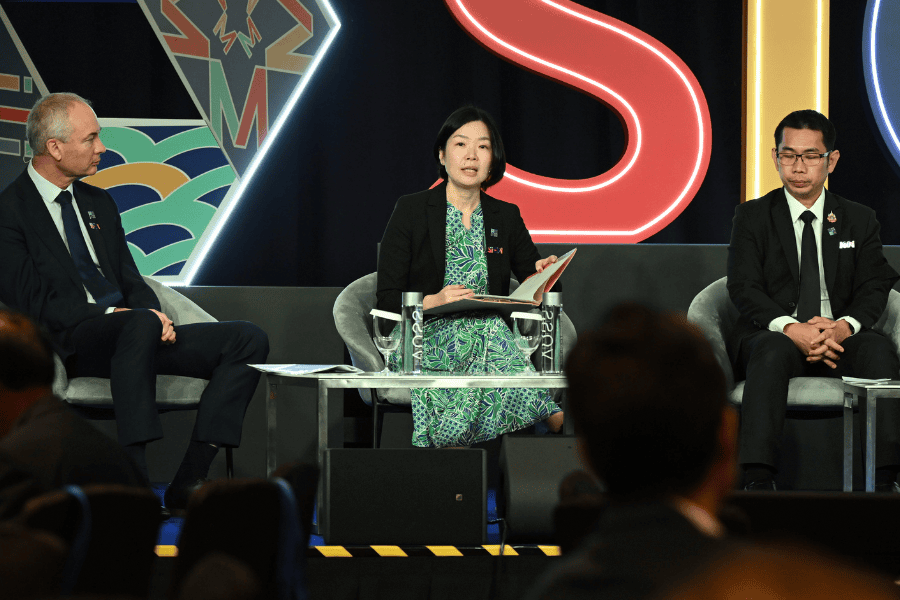
Moderated by Keisuke Sadamori, Director of Energy Markets and Security, IEA, the Fireside Chat featured Asako Ueno, Deputy Commissioner for International Affairs, ANRE, Japan; Menno Weustink, Senior Vice President Global Trading and Operations, Woodside Energy; Dr Sompop Pattanariyankool, Deputy Permanent Secretary, (Ministry of Energy, Kingdom of Thailand; and Laode Sulaeman, Director General, Oil & Gas, Ministry of Energy and Mineral Resources, Republic of Indonesia.
Closing the forum, Nancy Mahieu, IEA Standing Group for Global Energy Dialogue Chair, Director-General for Energy, Belgium, reminded that energy security can no longer be achieved in isolation. She called for greater cooperation to connect regions and secure shared progress.
Balancing reliability and transition
LNG and natural gas remain central to Asia’s energy reliability as demand grows across industries, digital networks and data centres.
Mr Weustink observed that while new LNG capacity is expected towards the end of the decade, natural field declines and project delays could offset some of that growth. He noted that long-term market fundamentals remain strong, but supply-demand balances may fluctuate as new capacity comes online.
Across the discussion, speakers recognised that strengthening and diversifying supply chains will be essential to manage these shifts.
Mr Weustink added that natural gas continues to anchor energy systems as a flexible fuel that complements renewables. This will support both security and affordability throughout the transition.
Investing in resilient systems
Policy frameworks are just as crucial as market forces in shaping Asia's LNG outlook. Ms Ueno reaffirmed Japan's commitment to continued investment across the full gas value chain, from upstream production to downstream distribution.
She stressed the importance of transition finance in supporting Asia's decarbonisation. She cited an IEA–Asian Development Bank (ADB)–Japan study that estimates US$4–5 trillion in regional financing needs over the next decade.
Policy direction must be matched by infrastructure readiness. Thailand's Dr Sompop shared that ASEAN's regasification capacity could expand by roughly one-third within five years. He emphasised that stable and affordable access to natural gas remains essential for economic growth. It also supports the integration of more renewables into the energy mix, given current battery and storage costs.
Together, these perspectives underscored that investment, policy coordination and infrastructure development must advance in step. Only through this alignment can the region strengthen its energy resilience.
Regional opportunities and shared progress
Mr Sulaeman described Indonesia's dual role as both LNG exporter and growing consumer. By supporting regional exports while expanding its own infrastructure, Indonesia helps strengthen overall supply security across ASEAN. He noted new LNG supply coming online from the US, Qatar and Africa, which creates fresh opportunities for ASEAN importers.
Indonesia is also advancing carbon capture and storage projects in Sumatra and Sulawesi. In addition, the country is expanding terminals across Java, Sulawesi and eastern Indonesia to make gas use progressively cleaner.
Closing the Fireside Chat, Mr Sadamori emphasised that secure and diversified LNG systems remain a foundation for energy security. He added that they serve as a vital bridge to expand renewables while maintaining grid stability.
Building connections for collective resilience
In her closing remarks, Ms Mahieu reminded delegates that energy security can no longer be achieved in isolation. She called for deeper cooperation between ASEAN and Europe through shared infrastructure, transparent markets and digital innovation.
She closed by reaffirming that the region's energy future depends on shared purpose and stronger connection. She called for a collective commitment to build systems that are secure, sustainable and inclusive.
Advancing cooperation to build resilient energy systems
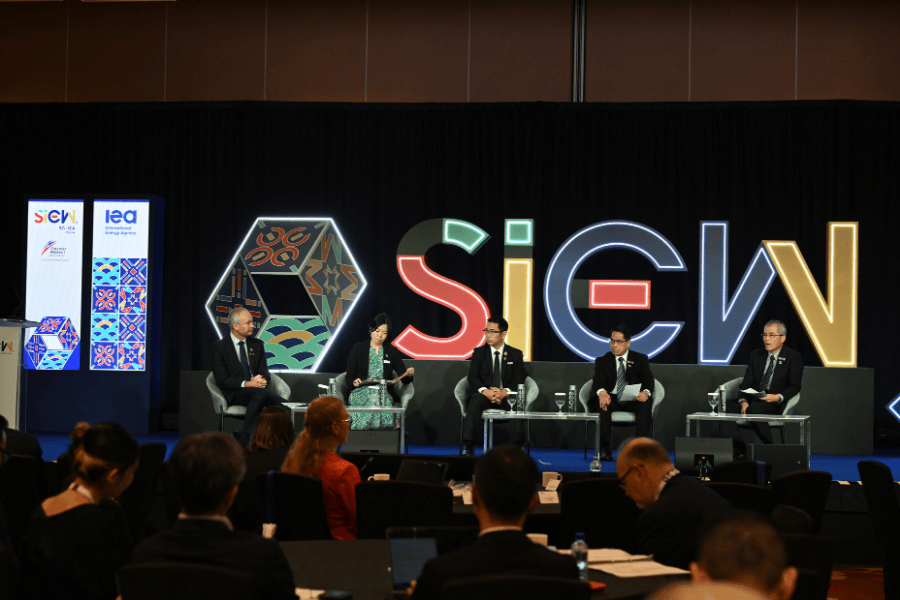
The Fireside Chat and Closing Remarks underscored the central role of LNG and natural gas in ensuring Asia's energy security through the transition.
Speakers stressed that investment, innovation and cooperation must advance together to strengthen resilience across the region. The discussions closed on a unifying message: that building connected, low-carbon systems today will shape a secure and sustainable energy tomorrow.
Stay tuned as the conversation evolves throughout the day. Follow @SIEW_sg on Telegram and X (formerly Twitter) for the latest insights.



